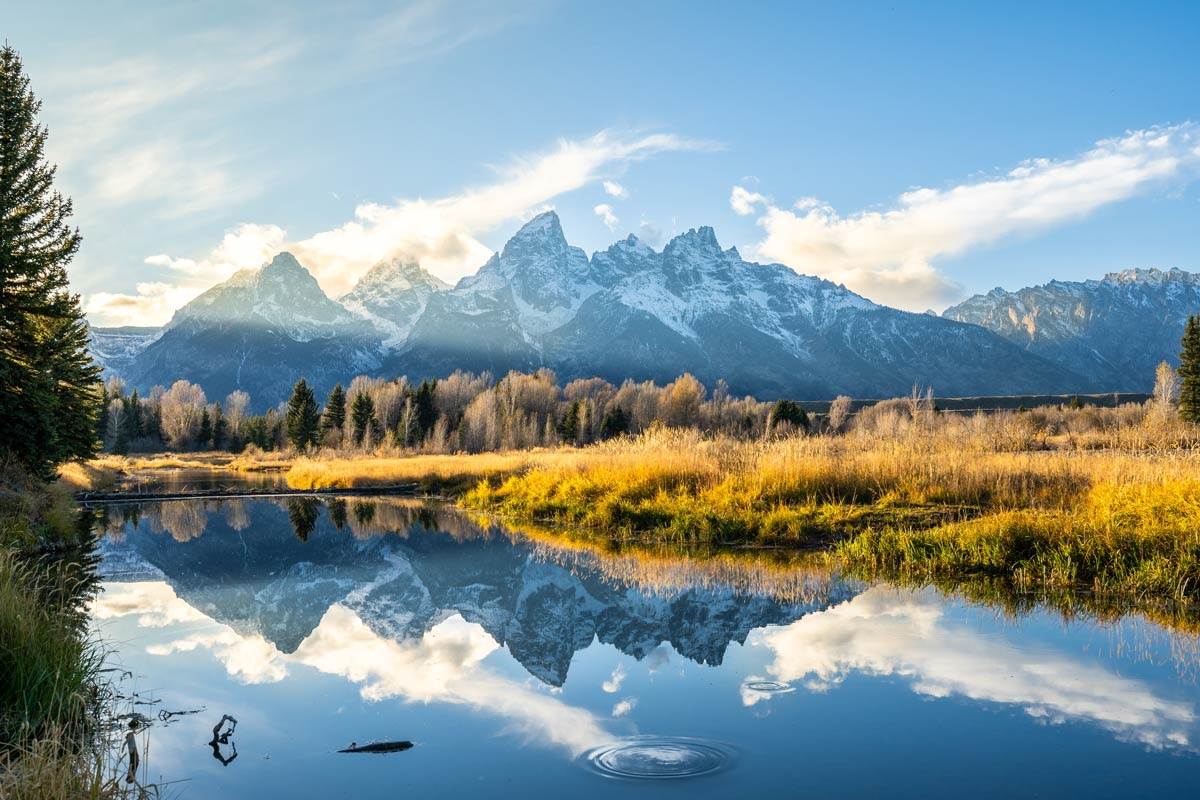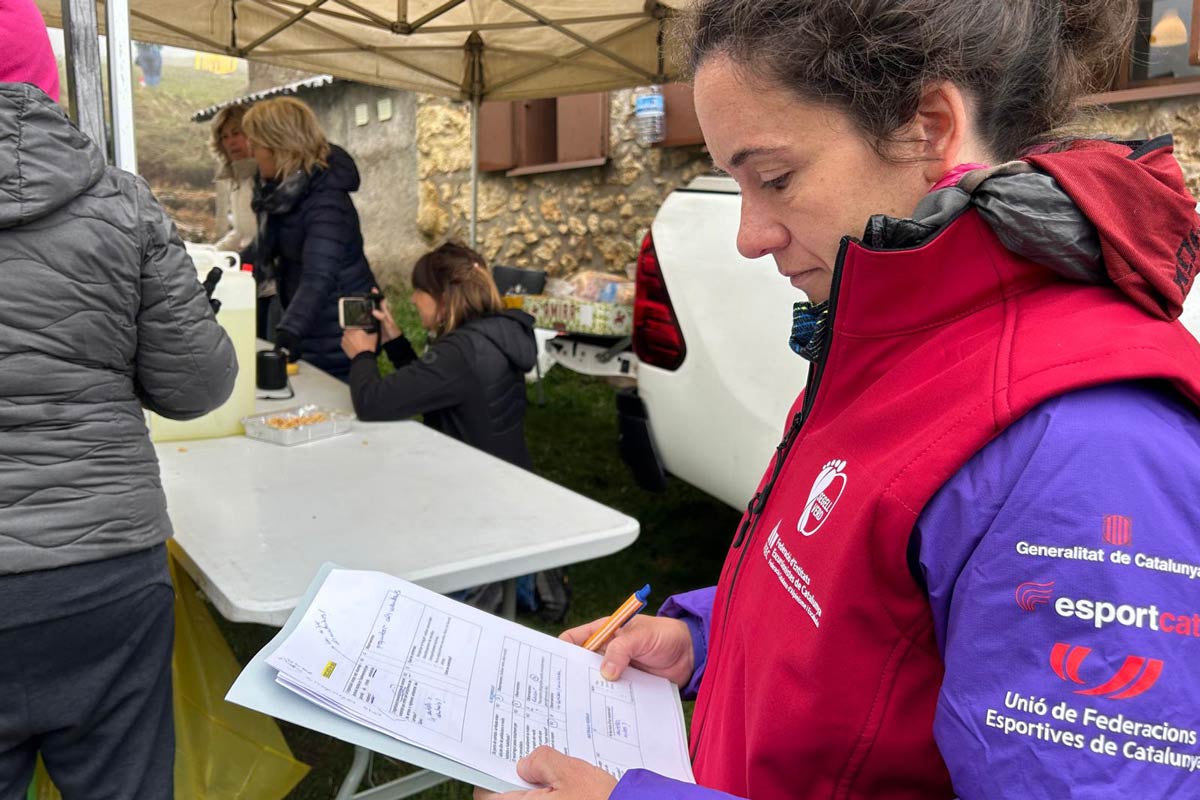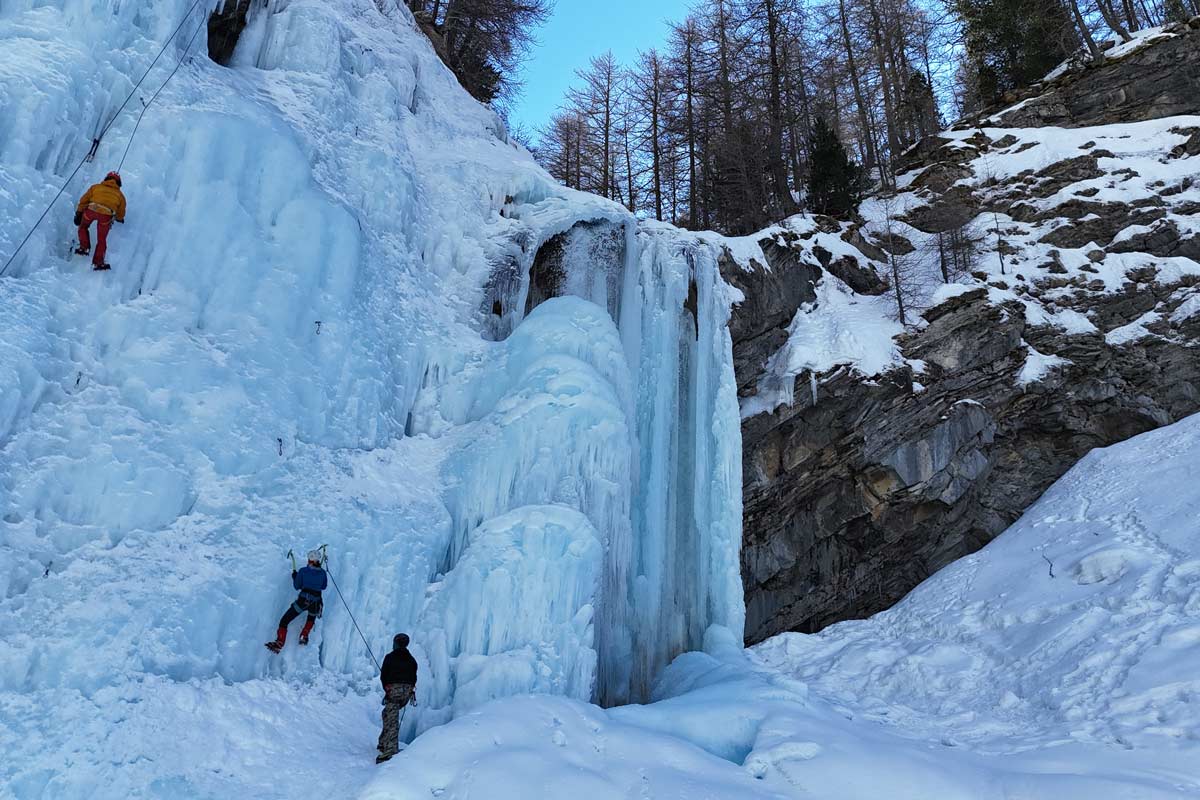Launched in 2024, the UIAA mountaineering and climbing accidents case law database now includes reports from 13 different cases. These are drawn from accidents which took place in ten different countries and on five continents.
The latest case study added to the database concerns an accident which occurred in 1987 in Buck Mountain in the Grand Teton National Park, United States.
Case Study: The tragic death of Ben Johnson
The case concerns the tragic death of Ben Johnson, an inexperienced climber who died from hypothermia after getting lost and injured during a descent from Buck Mountain in Grand Teton National Park. Johnson and a companion, Daniel Feikin, strayed from the intended nontechnical route into more dangerous terrain. Feikin became stranded on a ledge, while Johnson continued descending alone, eventually falling and sustaining serious injuries. Miscommunication between park rangers delayed the initiation of a search and rescue effort. Although Feikin was eventually rescued, Johnson’s body was found the next morning; he had died the previous night.
The plaintiff argued that National Park Service personnel were negligent in their communication and response, contributing to Johnson’s death. However, the court ruled that such decisions — when to initiate a rescue, how to allocate resources, and how to interpret limited and sometimes conflicting information — are protected under the discretionary function exception to the Federal Tort Claims Act (FTCA). These are considered policy-driven judgments and not subject to liability, even if poorly executed. The court emphasized that there is no general legal duty to rescue under U.S. law unless one creates the danger or has a special relationship (e.g., a hired guide). Because no such duty existed and the rangers’ actions were discretionary, the court affirmed summary judgment in favor of the United States.
This case highlights the significant legal differences in how various countries handle emergencies in outdoor activities like mountaineering, hiking, or climbing. Before engaging in such activities abroad, it is wise to understand not only your own legal duties, but also the responsibilities of your companions and local authorities under that country’s legal system.
—
In addition to the synopsis above, the UIAA Legal Affairs Commission – responsible for managing the database – highlight the following areas as part of its complete case report – the legal framework/analysis; summary of the facts; summary of the arguments of the parties; a reasoning summary; as well as the LAC’s own reflections on the judgement which is as follows:
—
In most common law countries—such as the United States, United Kingdom, Canada, New Zealand, and South Africa — there is generally no legal duty to rescue someone in distress. That means a person is not legally required to help or even call for help, unless they have created the danger or have a special legal relationship with the person in need (e.g., a guide and a client).
By contrast, in many countries with civil law systems — where the law is codified — there is a legal obligation to assist others in danger, provided doing so does not put the rescuer at significant risk. For example, countries like Iran, the Czech Republic, and North Macedonia require individuals to help others in need unless it endangers their own safety. Failure to act in such countries may lead to civil or criminal penalties.
This case highlights the significant legal differences in how various countries handle emergencies in outdoor activities like mountaineering, hiking, or climbing. Before engaging in such activities abroad, it is wise to understand not only your own legal duties, but also the responsibilities of your companions and local authorities under that country’s legal system.
—
To access the database please click here.
The database also provides the opportunity for users to submit cases for inclusion.
—
Main photo: Schwabacher landing Grand Teton National Park (Stock Library)



